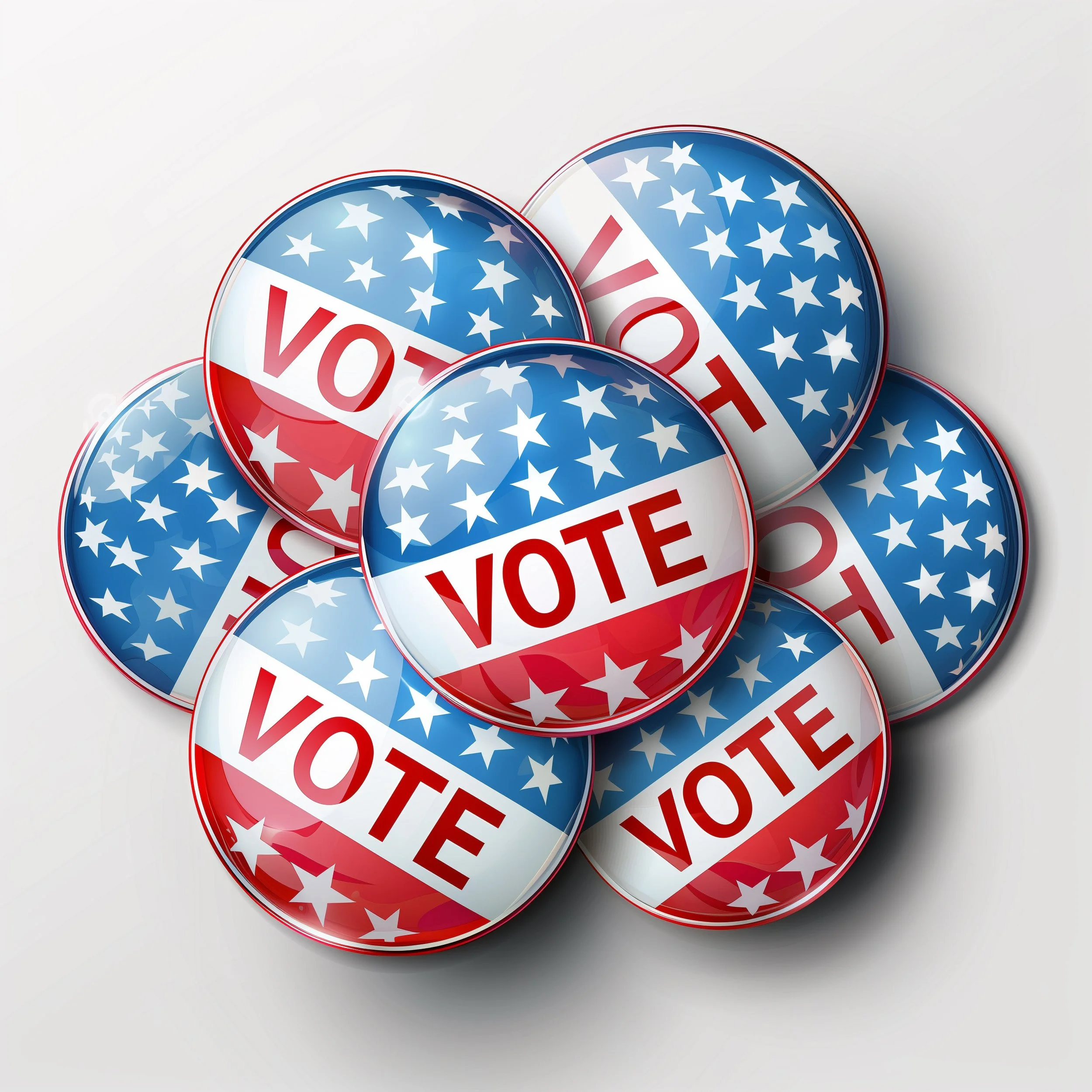MM9: Can I trust your Yes? Understanding Boundaries and Their Impact
Welcome to another exploration into the multifaceted world of boundaries. If you tuned into our recent podcast episode titled "Can I Trust Your Yes?", you'll know that we touched on the importance of being able to trust not only others' affirmative responses but also our own. In today's blog post, we'll expand on this topic further, diving into the different dimensions of boundaries, their implications, and what we can do to improve our boundary-setting processes.
The Challenge of Trusting 'Yes'
We've all been there—asking someone for a favor, delegating a task, or even committing ourselves to something. Often, the automatic response is a reassuring "yes." However, as Charlene discussed, sometimes this 'yes' isn't genuine. It could be a result of societal pressure, unclear self-awareness, or even a well-meaning desire to please. But when someone, including ourselves, says 'yes' without full conviction or understanding, it complicates relationships and erodes trust over time.
Self-Awareness: Knowing Your Own Boundaries
One of the crucial steps to trusting someone else's 'yes' is first understanding and trusting your own. Self-awareness is fundamental to this process. By knowing your capabilities, limits, and values, you can make more informed decisions and communicate more effectively.
The Role of Self-Reflection
Spend some time reflecting on past experiences where you've overcommitted or felt overwhelmed. Ask yourself why you said 'yes' in those situations. Was it a feeling of obligation, fear of disappointing others, or a lack of clarity about your limitations? By identifying these patterns, you can work toward setting more realistic and healthy boundaries.
The Societal Influence: Cultural and Emotional Factors
Our perceptions and reactions to boundaries are heavily influenced by societal norms, cultures, and our upbringing. Charlene mentioned in her episode that there's a wide range of emotions associated with boundaries, some positive and some negative. For instance, the terms 'boundaries' might evoke feelings of protection and self-care for some, while others may feel they are restrictive or self-serving.
Positive vs. Negative Reactions
From the informal survey discussed in the episode, we saw that people have varied initial reactions to the word 'boundaries.' Over half of the respondents felt positively, associating boundaries with necessary protection and healthy relationships. However, about 30% had a negative gut reaction, often linked to past experiences where boundaries were either violated or 'weaponized' to justify selfish behavior.
Understanding these emotional factors helps us navigate conversations about boundaries more thoughtfully. It’s essential to communicate that setting boundaries is a form of self-care designed to improve interactions and relationships, not a tool for exclusion or control.
The Weaponization of Boundaries
The concept of "weaponizing" boundaries came up during Charlene’s discussion. Some people use the idea of boundaries to manipulate situations to their advantage, intentionally or not. This weaponization may look like someone consistently setting boundaries that benefit themselves while disregarding others' needs, leading to feelings of exclusion or isolation for others.
Avoiding Manipulation
To avoid this, focus on transparent and honest communication. When setting a boundary, explain your reasons clearly and be open to dialogue. This approach fosters mutual respect and reduces the likelihood of misunderstandings or hurt feelings.
Conclusion
In the grand tapestry of relationships, boundaries are the threads that hold everything together. They define our interactions, ensure mutual respect, and help maintain mental and emotional balance. By understanding and setting clear boundaries, we not only build trust with others but also with ourselves.
If you found this topic intriguing and want to explore more or share your experiences, please do so in the comments.



